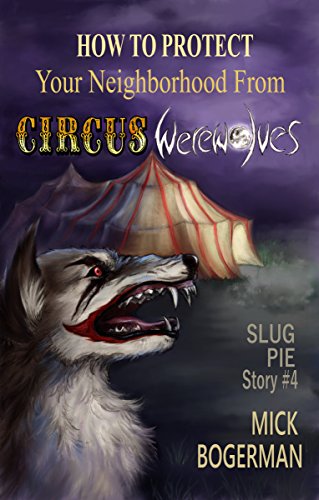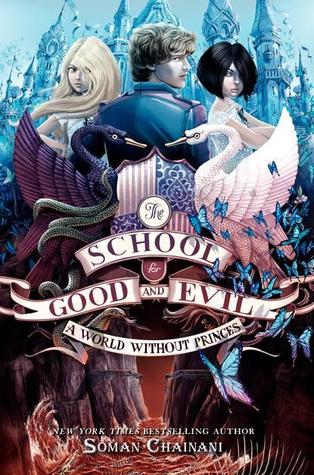Book Review: The Last Unicorn by Peter S Beagle
Goodreads Description: The unicorn discovers that she is the last unicorn in the world, and sets off to find the others. She meets Schmendrick the Magician—whose magic seldom works, and never as he intended—when he rescues her from Mommy Fortuna's Midnight Carnival, where only some of the mythical beasts displayed are illusions. They are joined by Molly Grue, who believes in legends despite her experiences with a Robin Hood wannabe and his unmerry men. Ahead wait King Haggard and his Red Bull, who banished unicorns from the land.
My Review: When it comes to classics, The Last Unicorn is the quintessential fairy tale. Beagle is thrown up there with other classic heavyweights like Tolkien, Lewis Carrol, or EB White, and it's clear why. Beagle crafted a world rich with wisdom, where fact and fiction twist until they call into question the objectivity of perception.
The Last Unicorn features a typical fantasy setting modelled after medieval Europe - full of kings and knights, peasant villages, and royal courts. Yet the familiar mythical beasts of classic fantasy are oddly lacking - the colour feels zapped out of the world, much like the unicorn's coat fading from sea-green to a snow white. Magic has been drawn to the edges of the map, leaving some to question its existence at all, yet the unicorn, the harpy of the Midnight Carnival, even Schmendrick's magic, as underwhelming as it may be at times, points to the existence of something greater. The text makes a convincing argument for the existence of magic in our own world, as some characters, even when faced with magic and myth, are unable to see it. Sometimes this is due to magical interference, but usually it's the characters' closed-mindedness that prevents them from seeing outside of their own perception, leading them to see only what they expect to. The entire book plays with themes of reality and illusions, myth and fact, all funneled through an individual's ultimately malleable perception. Since this book was published in 1968, it's highly likely that Beagle shaped modern fantasy with this concept of magic existing just outside our periphery, and it's exciting to see this concept executed so well and thoughtfully. The Last Unicorn doesn't just throw in some cheap "veil" explanation, but dives deep into concepts of seeing and recognition that will make you re-evaluate what might be lurking in the corner of your own vision.
The book is written as a fable, like the ones Molly Grue is so enamored with, and while this approach allows for an easy dispense of wisdom, it keeps the reader at a distance and doesn't allow for easy self-insertion. Many times while reading, I wondered what was really going on with Schmendrick and if his intentions were actually what they seemed. Beagle achieves this through an omniscient narrator that gives us glimpses into each character's head before pulling back out again. The audience therefore never fully knows each character, making it difficult for readers to identify with them. This likely led to my lower rating, as I love identifying with characters while reading as a form of escapism, though I acknowledge this would have dealt a blow to the fable atmosphere and prevented the characters from reaching a more 'legend-esque' status.
The writing throughout the book is breathtaking and creates many quotable lines heavy with meaning. While Beagle's world stands on its own, there are many allusions to real life plays, poetry, books, and more that connects The Last Unicorn to a sense of 'real' life and history. This connection to our world, combined with the way the text harmonizes various ideas of what a 'traditional fantasy fable' constitutes, creates a seamless mythical story that feels far older than it is, since it resonates with so many intangible cultural conceptions of medieval fantasy. It's filled with whimsy that feels directionless at first, but hums with thematic meaning. The lyrical language alone carries readers into a world of wonder and draws together the fable-like aspects, soft magic system, and distant characters to create a fairy tale truly deserving of the name.
You can't go wrong with this classic. It feels like the wellspring from which much of modern fantasy has erupted from.
TL;DR: 3/5 stars. A classic modern fairy tale employing all the wit and whimsy language has to offer.















